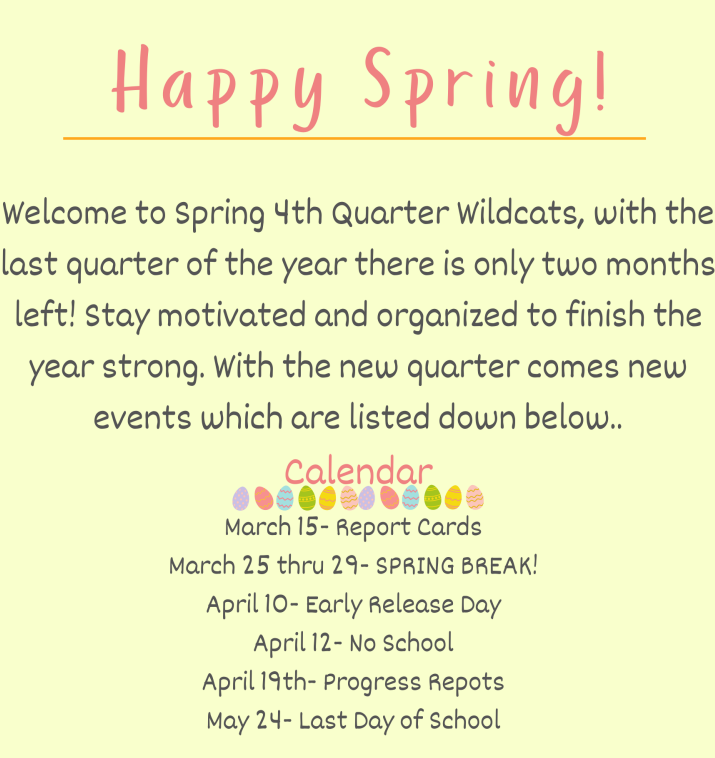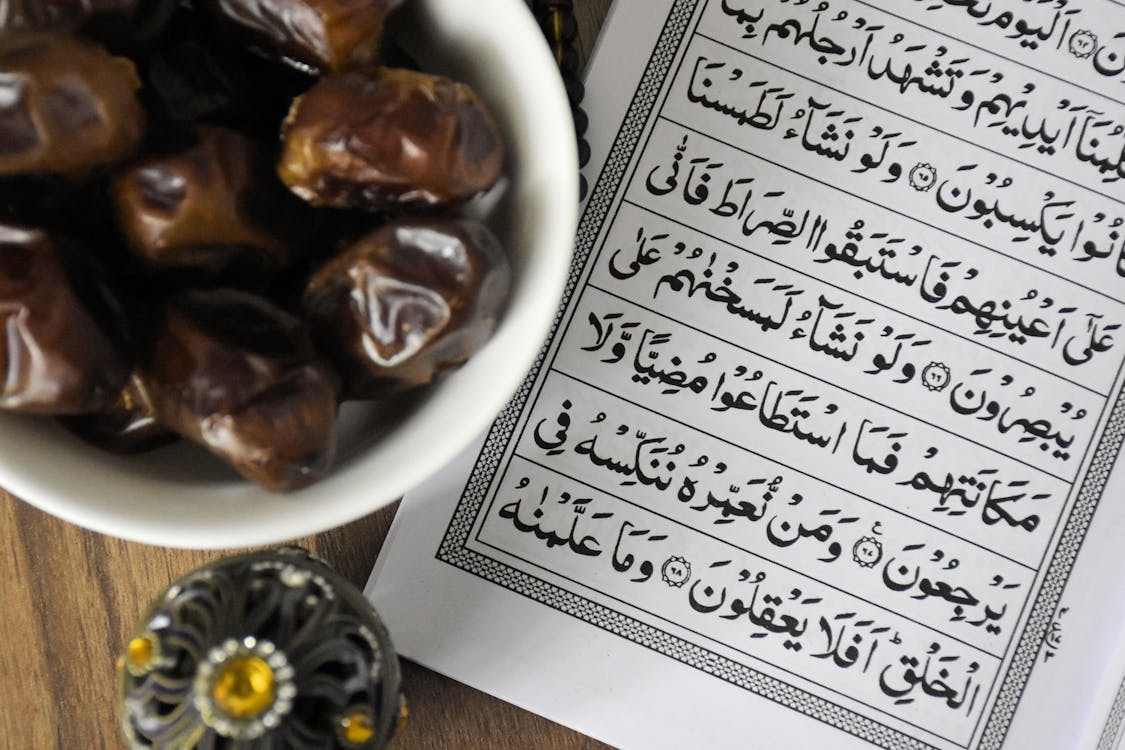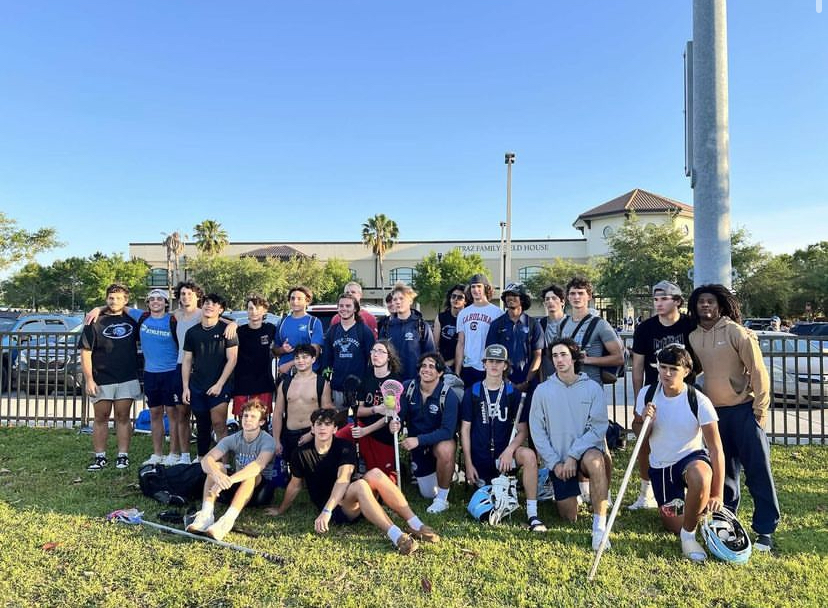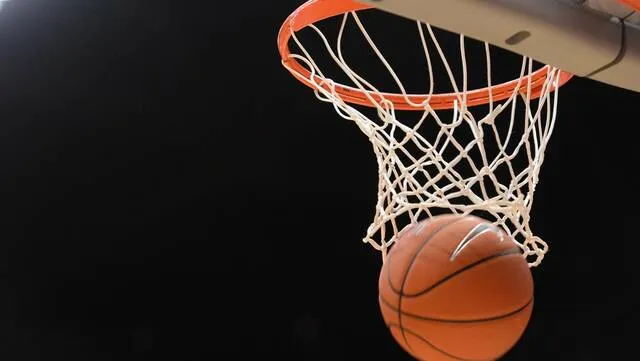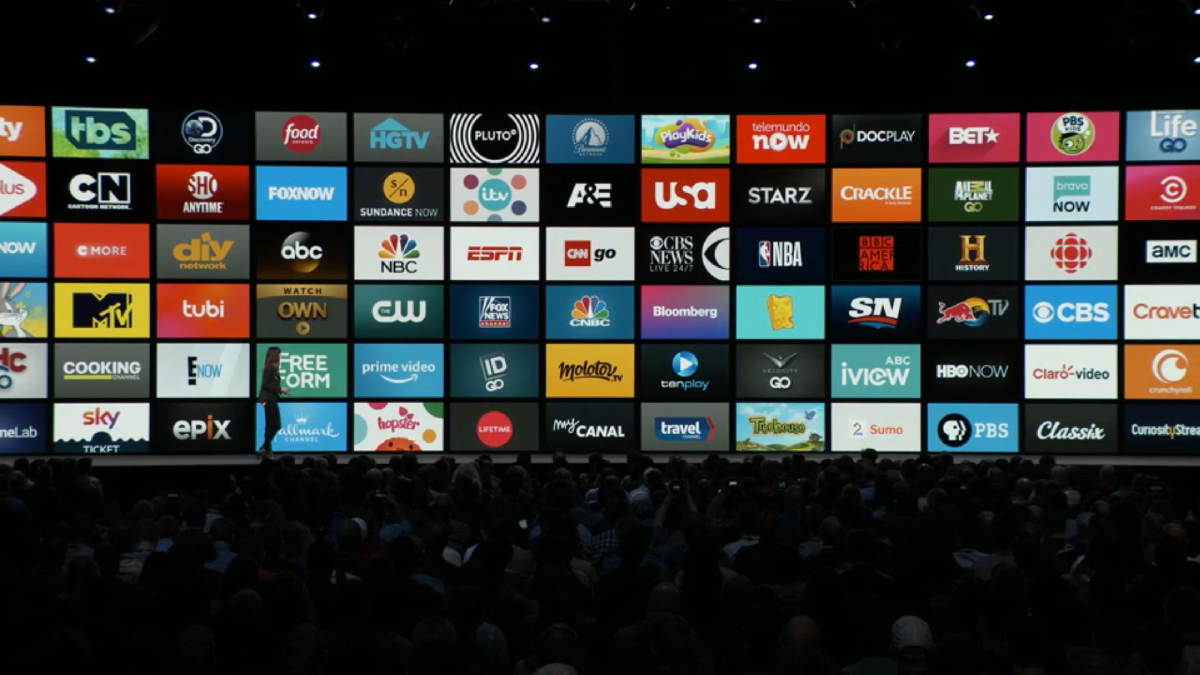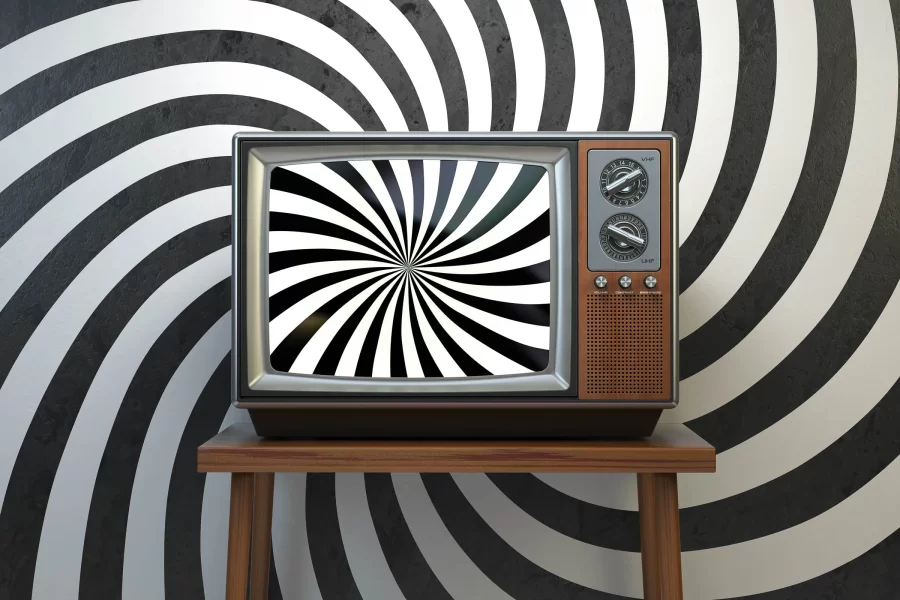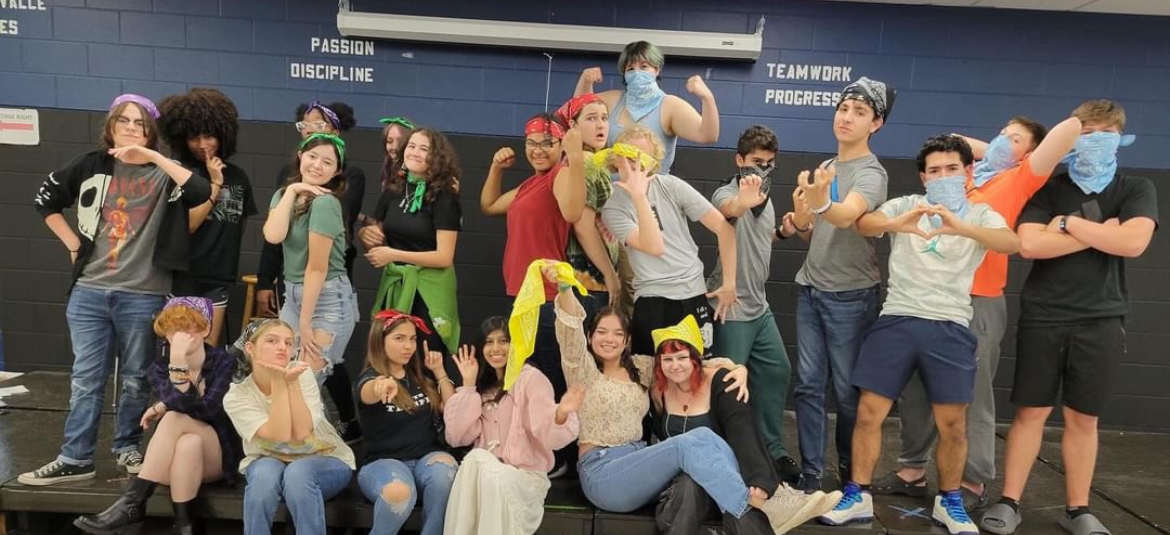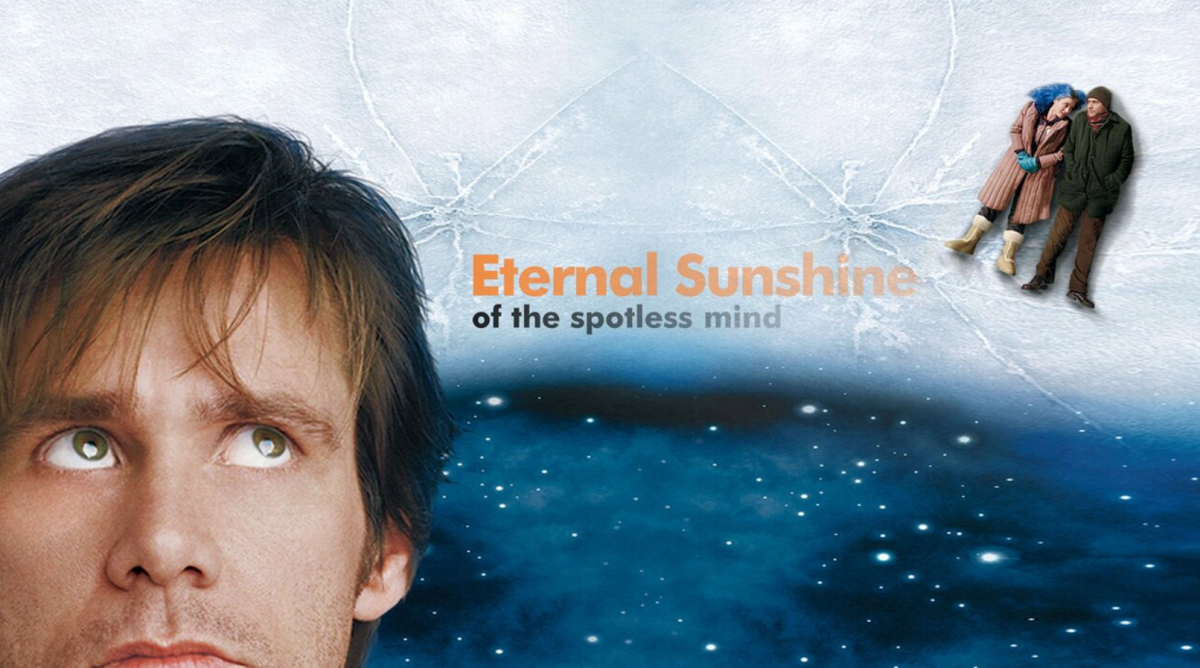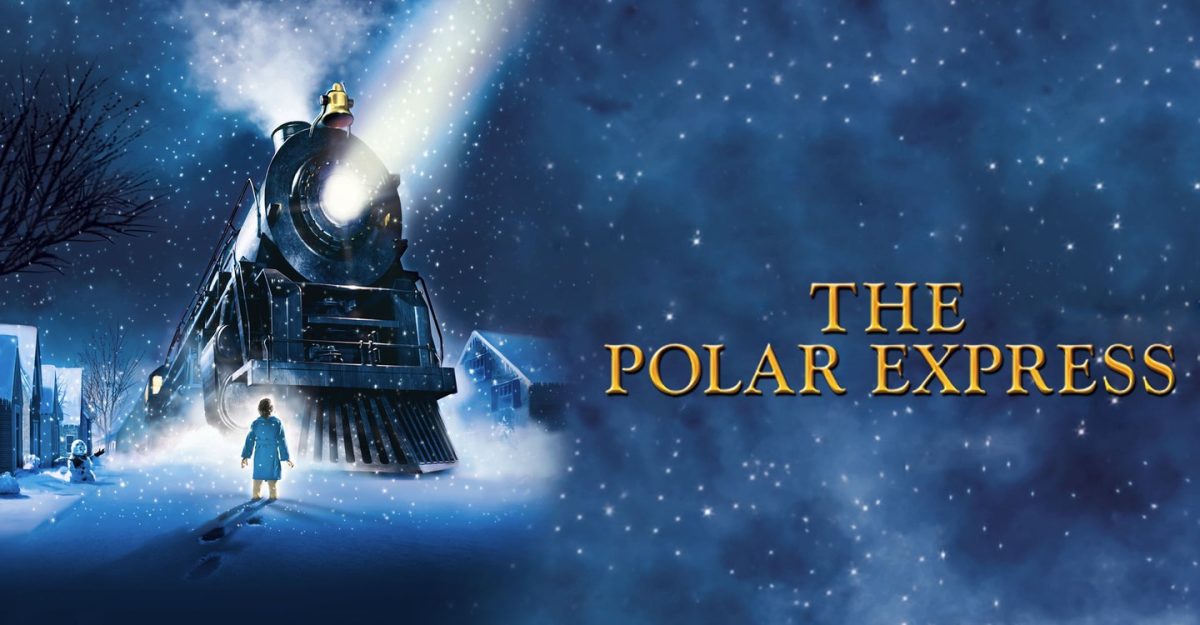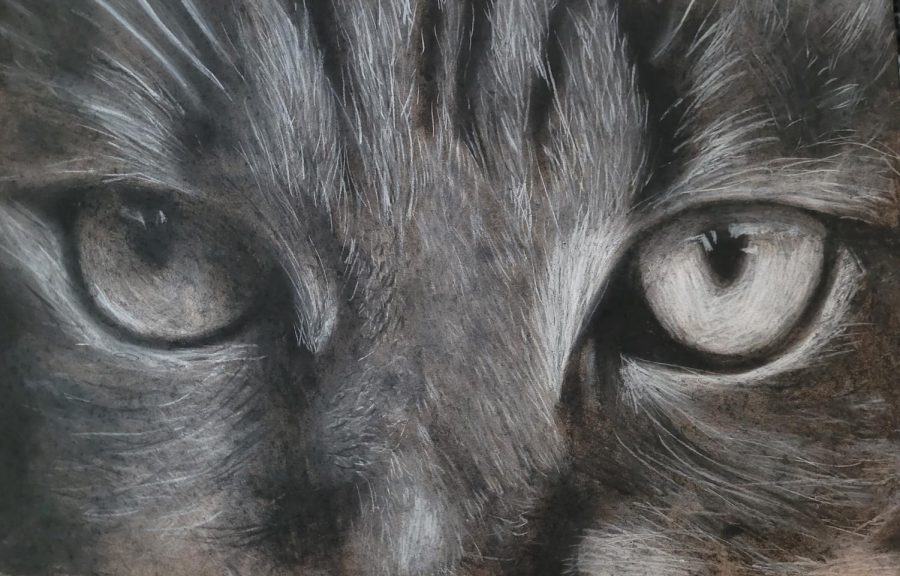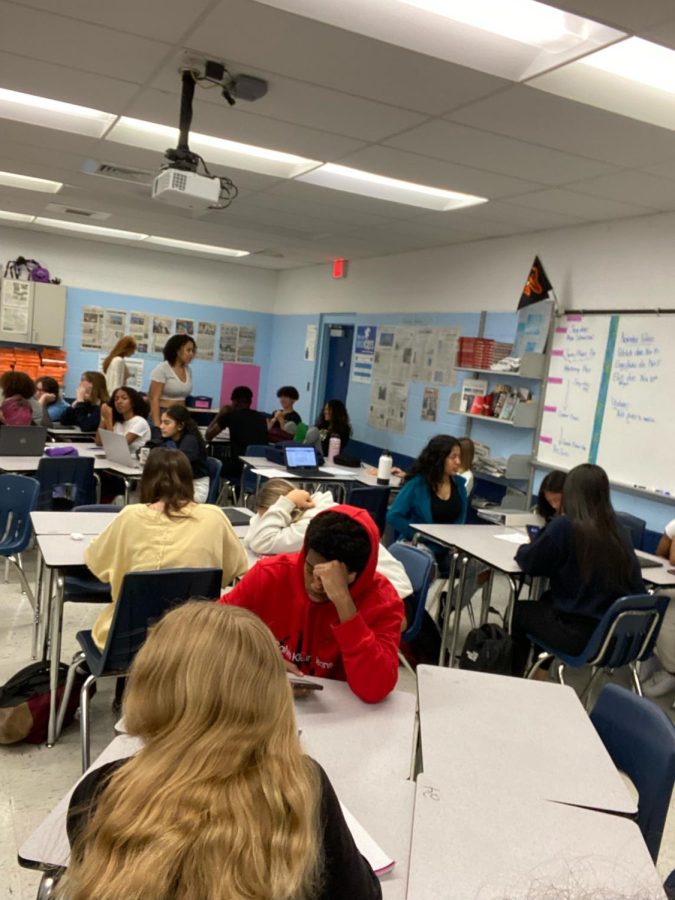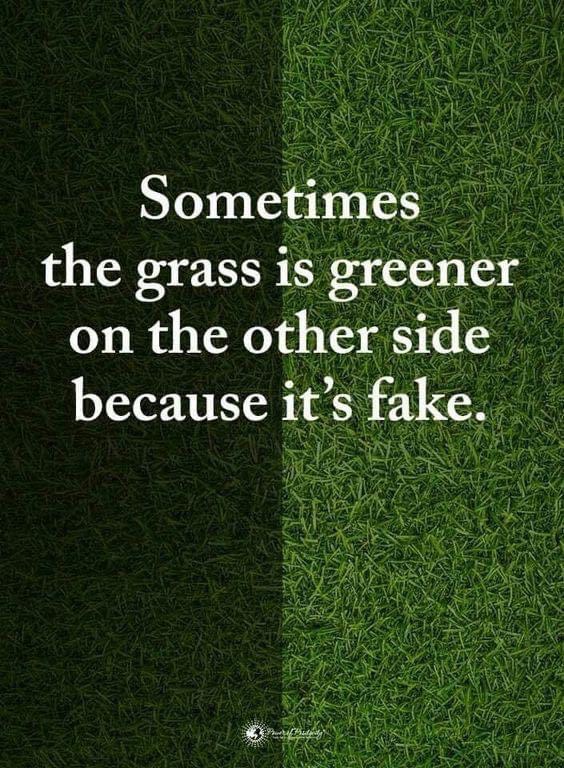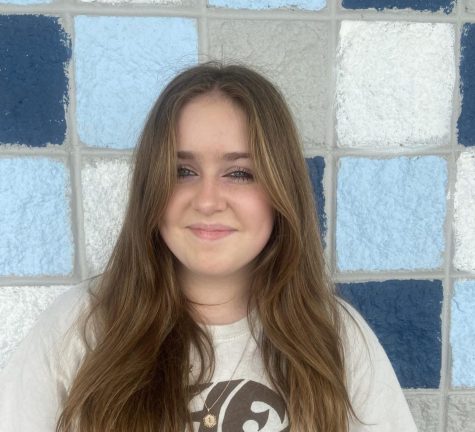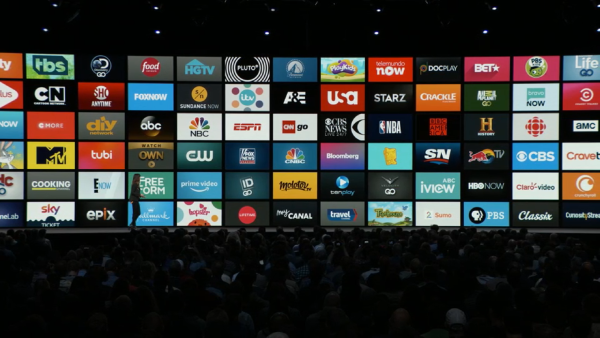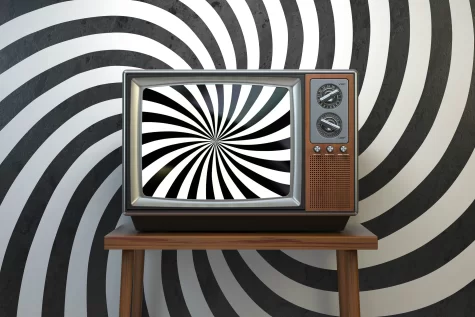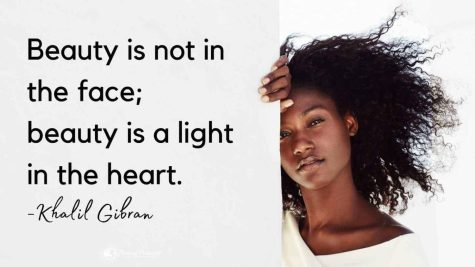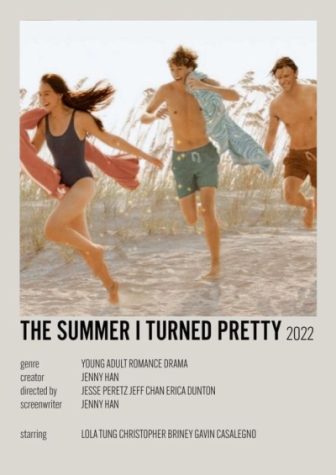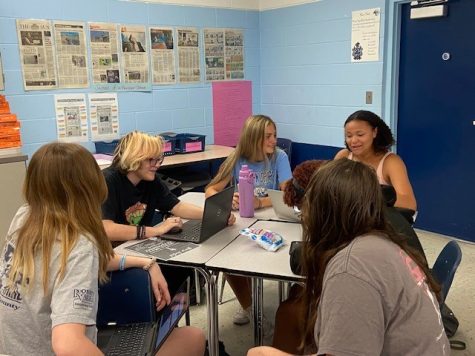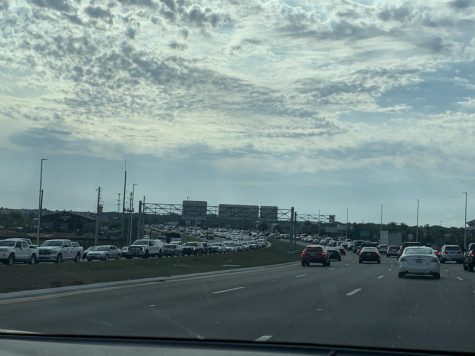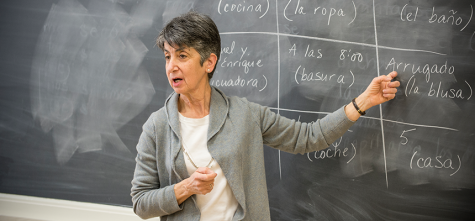The Grass Isn’t Always Greener on the Other Side
“The grass is always greener on the other side”. A phrase that people hear but don’t really think about. It’s a phrase that is meant to explain that another person’s circumstances are better than one’s own.
But how do you know that the grass is greener? What gives you that certainty? The grass could be painted green to hide the imperfections and flaws of the blades. It sounds absurd when it comes to grass, who would actually paint their grass? But it’s the same as a person that hides what is really going on with them.
Their mind is the grass. Dry, worn out, dead. Yet hidden. Perhaps to provide protection from what people may think. Or to push it away and for it to be “easier” to get over.
A person may be embarrassed that their lawn isn’t freshly cut, bright green, and perfect so they find a way to hide it. A person could push their true emotions and conflicts away also. Whatever is truly bothering them gets hidden. They don’t want to feel embarrassed.
Maybe someone will paint their grass green to hide its tired look. Dry and yellow. They think it’ll be easier to forget about it. If they don’t have to look at it in its true state. Maybe someone will hide their trauma, so they don’t have to constantly be reminded of their constant pain.
Teenagers are especially prone to putting on a “mask” to hide what their life is really like. Linda Stade Education says, “In early adolescence, kids start to move their focus from their parents to their peers. It is a stage of development that ensures they eventually find their niche and take their place in society.”
Teenagers tend to be more prone to hiding their feelings and emotions, mainly for the reason that they care so much about what other people think of them.
Healthline.com states “Showing emotion can put you in a vulnerable place, and it’s pretty normal to want to avoid exposing vulnerabilities to others”.
For anyone, showing vulnerability is hard because it’s showing that there’s some kind of weakness to oneself. It’s difficult to show weakness because of the fear of being taken advantage of in any way. Of course, there are other reasons why showing vulnerability is hard but that is a prominent outcome that people tend to fear. Adding on the constant fear of what others think in a teenager’s mind is a dreadful combination.
There are many resources for many scenarios for help.
These include:
For eating disorder: 1-800-931-2237
For sexual assault: 1-800-656-HOPE (4673)
For suicide prevention: 1-800-SUICIDE (784-2433)
For drug abuse: 1-800-662-4357
For grief or loss: 1-800-395-5755
For domestic violence: 1-800-799-SAFE
For abortion (national abortion federation hotline): 1-800-772-9100
For LGBTQIA+ helpline: 1-800-398-GAYS
For more hotlines go to https://www.pleaselive.org/hotlines/ .
Getting help is a good option. Treat your “grass”. Get it healthy.
Your donation will support the student journalists of Wesley Chapel High School. Your contribution will allow us to purchase equipment and cover our annual website hosting costs.


